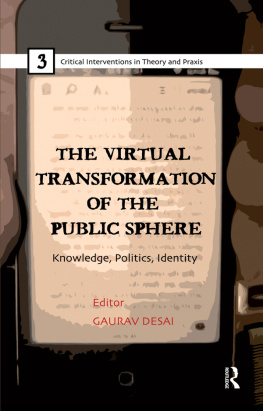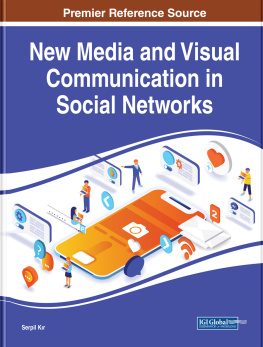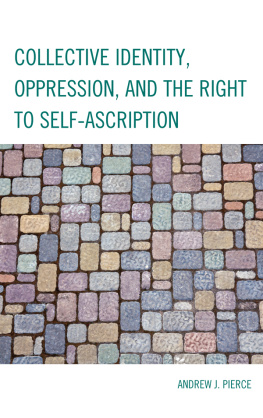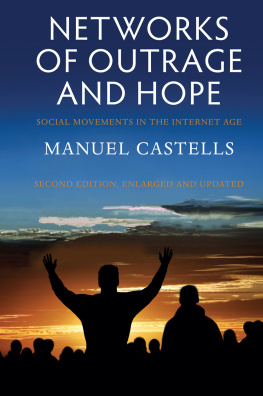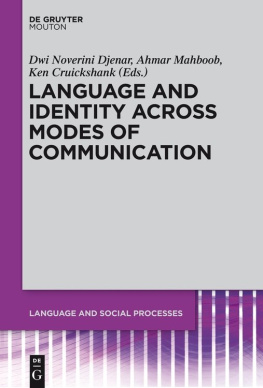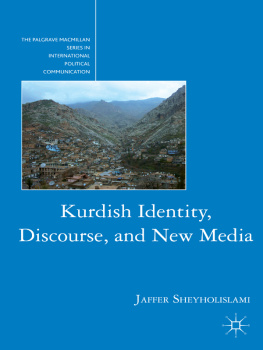
Comic Performativities
Comic Performativities: Identity, Internet Outrage, and the Aesthetics of Communication studies patterns of criticism and public debate in the relationship between humor, identity, and offense. In an increasingly reductive and politically charged debate, right-wing pundits argue that leftist politics has compromised a free and open discussion, while scholars take right-wing critics to task for reifying systems of oppression under the guise of reason and respect. In response, Goltz scrutinizes twenty-first century comedic controversies, the notion of political correctness, and the so-called outrage machine of social media. How should we appropriately determine whether a joke is sexist, racist, or offensive?
Informed by communication, performance, and critical identity theory, Goltz examines infamous controversies involving performers like Sarah Silverman, Amy Schumer, and Seth MacFarlane, and the social media backlash that redefined these events. He investigates the ironic interplay between spoken word, identity, physicality and, as a result, the contrasting meanings potentially construed. Consequently, the book encourages a greater appreciation of the aesthetics involved in comedic performance that help signpost interpretation and emphasizes the role of the audience as self-reflexive and self-aware.
This book highlights the significant parallels between the nature of performance art and comedic performance in order to elevate analysis of, and discussion around, contemporary comedy. In doing so, it is an important critical contribution to the field of performance studies and cultural criticism, as well as communication studies, at both the undergraduate and postgraduate level.
Dustin Bradley Goltz PhD, MFA, is an Associate Professor of Performance Studies in The College of Communication at DePaul University. He is a scholar and artist and has authored several works, including Queer Temporalities in Gay Male Representation (2009) and Queer Praxis (2015).
First published 2017
by Routledge
2 Park Square, Milton Park, Abingdon, Oxon OX14 4RN
and by Routledge
711 Third Avenue, New York, NY 10017
Routledge is an imprint of the Taylor & Francis Group, an informa business
2017 Dustin Bradley Goltz
The right of Author to be identified as author of this work has been asserted by him in accordance with sections 77 and 78 of the Copyright, Designs and Patents Act 1988.
All rights reserved. No part of this book may be reprinted or reproduced or utilised in any form or by any electronic, mechanical, or other means, now known or hereafter invented, including photocopying and recording, or in any information storage or retrieval system, without permission in writing from the publishers.
Trademark notice: Product or corporate names may be trademarks or registered trademarks, and are used only for identification and explanation without intent to infringe.
British Library Cataloguing-in-Publication Data
A catalogue record for this book is available from the British Library
Library of Congress Cataloging-in-Publication Data
Names: Goltz, Dustin Bradley, 1974- author.
Title: Comic performativities : identity, internet outrage, and the aesthetics of communication / Dustin Bradley Goltz.
Description: London and New York : Routledge, 2017.
Identifiers: LCCN 2016054851 | ISBN 9781138742604 (hardback : alk. paper) | ISBN 9781315181967 (ebook)
Subjects: LCSH: Stand-up comedySocial aspects--United States. | Information technology--Social aspects--United States. | InternetSocial aspects--United States. | Mass media and public opinion--United States. | Comedy--Philosophy. | Group identity--United States.
Classification: LCC PN1969.C65 .G65 2017 | DDC 792.7/60973--dc23
LC record available at https://lccn.loc.gov/2016054851
ISBN: 978-1-138-74260-4 (hbk)
ISBN: 978-1-315-18196-7 (ebk)
I had no idea when I started this book several years ago how drastically the United States would have changed by February 2017. The fight to preserve complex debate and critical discussion in contemporary US culture has become an increasingly radical effort. We are in a moment when we desperately need our artists to challenge us, push at our discomforts, and expose injustice. I dedicate this book to those bold comedians who stand up to the culturethose dangerous embodied voices who call upon us to see our moral failings and shine a light to our better and more just selves.
The process of writing this book has spanned a significant period of time and there are many people who helped foster, challenge, and shape the ideas in these pages. The works of performance studies scholars, rhetorical scholars, critical identity scholars, authors of historical and theoretical volumes on humor, and lineage of bold, disruptive and hilarious artists have been deeply inspiring to me and this project. I want to acknowledge the backing of DePaul University, the College of Communication, and my DePaul colleagues for their ongoing support and encouragement (including a College summer research grant to help initiate the project, as well as the ongoing support of DePauls University Research Council). My college filled with amazing folks who I am lucky to work with, and who have encouraged the project every step of the way. Thank you to Paul Booth for being willing to sit down and knock around ideas about audience when Chapter Three was in its early stages. Thank you to the amazing leadership in my college, which is always there to encourage faculty, faculty research, and foster an amazing climate to live and work in. I would like to express a special note of appreciation to my chair Barb Willard, Associate Dean Lexa Murphy, and Dean Salma Ghanem, whose encouragement, generous leadership, and patience is deeply appreciated.
The foundation of this book project was a journal essay published in 2015 in Text & Performance Quarterly under the editorship of Frederick C. Corey and the editorial assistance of Kimberlee Prez. Through the extensive process of developing the article Ironic Performativity: Amy Schumers Big (White) Balls, both Fred Corey and Kimberlee Prez offered valuable and significant questions to the project that strengthened and developed the larger frameworks on this page. In addition, I wish to express appreciation and recognize two anonymous reviewers in that early process who pushed me further into important foundational directions. Significant portions of this 2015 essay appear in Chapter One and Chapter Three, through the granted permission of Taylor and Francis.1
Intellectually, there is an interpersonal lineage of scholars, mentors, and friends who have worked to shape the ideas here, and that list is too long to detail here. From National Communication Associations annual conferences and The Annual Performing Artist Weekend, to discussions at various universities, the processing of these ideas has occurred in a range of discussions, relations, and contexts. I want to specifically thank my students in three previous sections of INTC 369: Performance of Humor (formally CMNS 330 Performance Topics, Performance of Humor) at DePaul University (Autumn 2016; Autumn 2014; Autumn 2012). Your performance work and our classroom discussions have informed many dimensions of this project. I want to thank my best friend Ryno for bouncing ideas around with me about comedy. As a comedian himself, I know he seems baffled (if not amused) by the ways I (as an academic) choose to approach these discussions. Ironically, as I talk about comedy, it is the academic jargon he finds the most humorous.



